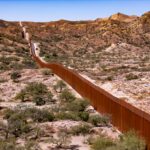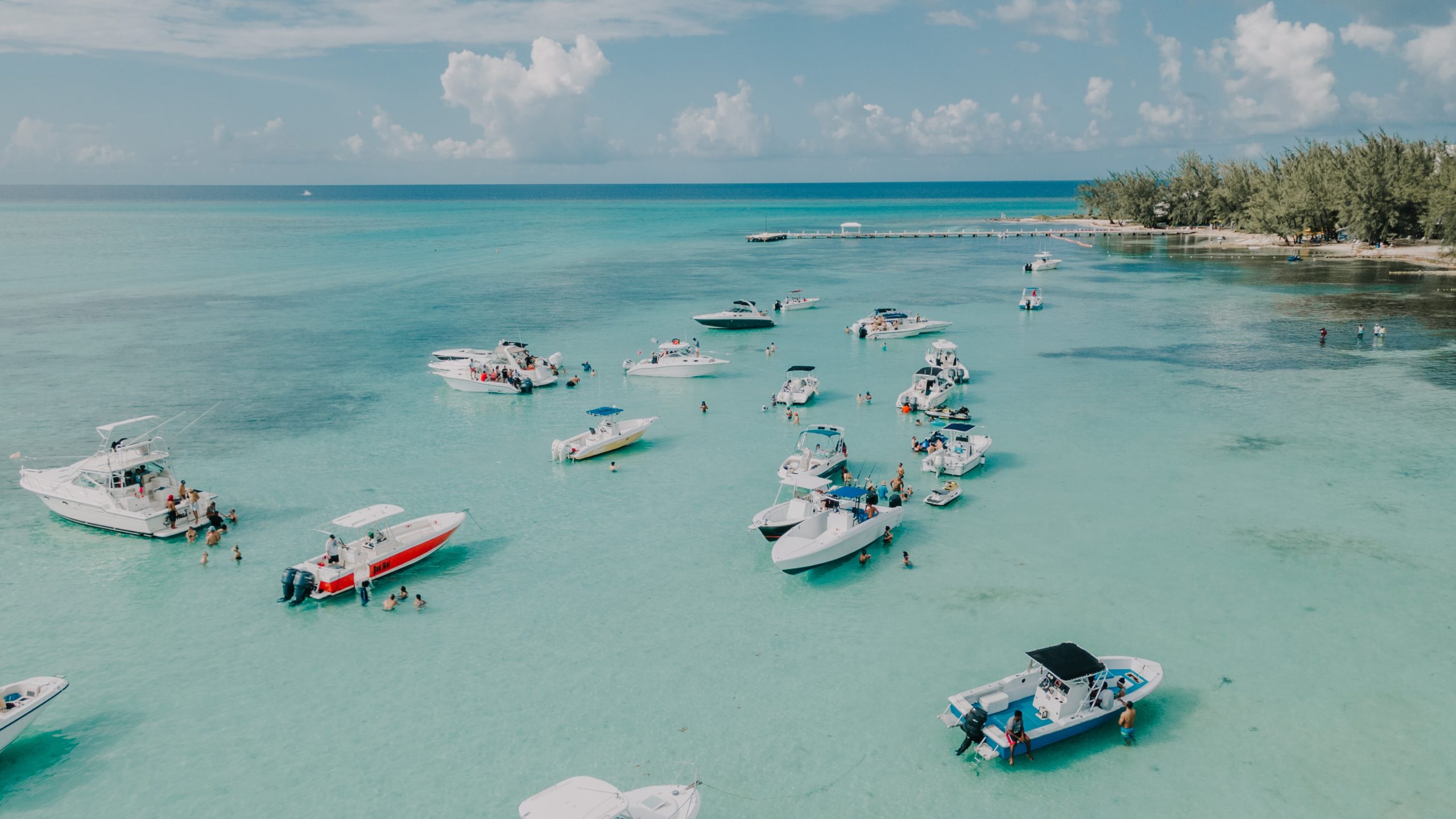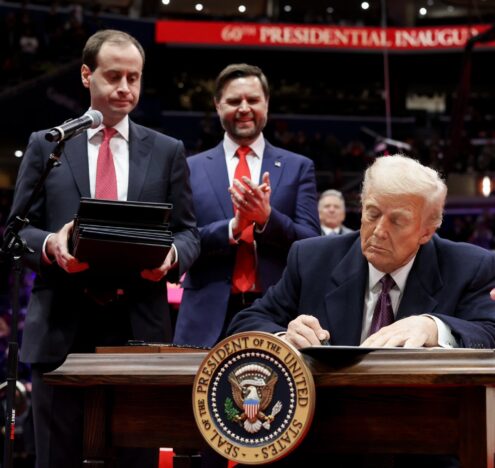The publication of the Pandora Papers offers the latest and largest look behind the legal veil that shrouds assets held through offshore shell companies. It’s been met with the expected hand-wringing about the rich skirting taxes, but there has not been as much discussion on the implications for US national security.
National security is arguably the first duty of the government, which encompasses defending the US electorate, economy, and American way of life. While illicit funds and corruption are nothing new, the Pandora Papers reveal how easy it is for opaque money to come into the US and threaten domestic stability by secretly funding hate groups and terrorists, building out organized crime structures, bribing public officials, and undermining democracy and good governance.
The Pandora Papers, therefore, are not simply about hiding money; they also reveal the vast global network actively — and legally — working against US interests by threatening national security and also undermining US foreign policy.
THE MAJOR FINDINGS
The Pandora Papers revelation is an evolution of the 2013 Offshore Leaks investigation and was led by the International Consortium of Investigative Journalists. The group pulled in 150 media outlets across the globe, including the Organized Crime and Corruption Reporting Project (OCCRP), to dig through 11.9 million documents from confidential files of 14 offshore services providers. In other words, think of it as the 2016 Panama Papers on steroids.
The Pandora Papers reveal the vast global network actively — and legally — working against US interests by threatening national security and also undermining US foreign policy.
Here are three findings from the Pandora Papers that impact US national security. Jordan’s King Abdullah II and his “personal wealth” is a good example of the first. As an ally, Jordan has received gobs of US economic, military and counterterrorism assistance. For decades, Jordan has been an anti-terror partner, and hosted approximately 3000 US troops and a Patriot missile battery. While the Biden administration is in the process of withdrawing troops from various bases in the Middle East, a small sample of troops will likely remain in Jordan. Jordan, in turn, opened its borders to scores of Syrian refugees at the request of the US and UN, angering Jordanians in the process. The Pandora Papers, however, revealed that the king funneled money through shell companies into pricey US luxury properties. To many Jordanians, the king’s secret properties have the whiff of a Plan B: It beats exile in Riyadh if things turn south, but not a good look for a king whose people had already been out in the streets protesting government austerity measures. The more important question this finding leads to is: How did the king get so much money in the first place and what role has US contributions played in his wealth?
A second Pandora finding revealed the secretive trust used by an indicted antiquities dealer to hide allegedly looted Cambodian relics. New York’s Metropolitan Museum of Art holds 12 pieces linked to the art and antiquities dealer. After the Pandora Papers came out, the museum contacted US authorities so that Cambodia could recover antiquities that were embarrassingly laundered to the US via shell companies. Similarly, the Denver Art Museum announced last week that they will be handing over four ancient artifacts to the US government that will also be returned to Cambodia.
The US art market maintains a culture of secrecy with rules that protect anonymous buyers and sellers, making it an easy target for criminals to launder money. A July 2020 Senate report further detailed how Russian oligarchs participated in the US art market through anonymous shell companies, undermining US sanctions imposed on them in 2014 in response to Russia’s invasion of Ukraine and annexation of Crimea. The growing illicit trade in antiquities prompted the US government to form an inter-agency task force in 2004, led by the Department of State, to crack down on the influx of antiquities sold on the black market. US Immigration and Customs Enforcement now plays an important investigative role, but shell companies continue to make it harder to follow ownership — and the money trail.
A third finding exposed the US as one of the world’s leading secrecy jurisdictions, with some US states playing a significant role, and undermining US national security in the process. The earlier Panama Papers had revealed that offshore providers had steered Russians and Latin Americans to Wyoming and Nevada, places that were sure to draw little attention. These states had become havens for camouflaging assets held elsewhere by requiring little in the way of real contacts should authorities come knocking. The Pandora Papers went deeper and showed how South Dakota has put out a welcome mat for foreigners looking to hide assets through complex trusts. The papers contain details on over 200 US trusts set up in recent years, including a roughly $100 million one established in 2014 for a now-dead Colombian textiles magnate who, a decade earlier, forfeited $20 million in a settlement with Uncle Sam. He had helped drug traffickers convert dollars earned from US sales back into pesos.
THE ROLE OF SHELL COMPANIES
Kleptocrats and criminals take advantage of existing legal structures to form anonymous shell companies — businesses that only exist on paper with no employees, products, or revenue and that do not require the real owner’s name. Once the company is set up and links to a bank account, it can be used by cartels to launder illicit proceeds, by North Korea or Syria to evade sanctions, or Iran-backed groups to finance terrorism. In recognition of this threat to US national security, Congress included a provision to ban anonymous shell companies in the National Defense Authorization Act earlier this year. The Pandora Papers, however, underscore the need for immediate implementation and robust oversight of the ban.
Consider the Patel brothers from Montreal. They were pursued by US and Canadian law enforcement for an unlicensed online money transfer company that was said to have processed more than USD $250 million in illicit transactions over a 14-year period. It enabled criminals to distribute child pornography, ensnare Ponzi victims, and traffic narcotics. The brothers copped a US plea in 2020 and are serving short prison stints on lesser charges. Did their offshore company, launched from the UAE, play a role? The Department of Justice is surprisingly silent on this connection. Shouldn’t prosecutors want to know what purpose it served?
Pandora Papers’ kleptocrats and their shell companies also undermine wider US foreign policy objectives, like promoting good governance and advancing economic development. OCCRP detailed how the close associates of Alexander Lukashenko, the longtime leader of Belarus, negotiated a sweetheart gold mining deal in Zimbabwe that was supposed to benefit their nation. They used shell companies to mask the true beneficiaries (hint, it’s not the citizens of Belarus). And you might want to grab a score sheet if you hope to track the offshore holdings of elite Venezuelans connected to bribery and embezzlement scandals at the state oil company Petróleos de Venezuela, S.A (PDVSA), the Caracas subway, and other public sector enterprises. Security threats lurk even when looking at crooner Julio Iglesias and his offshores that mask his ample package of Miami properties. The Pandora Papers show the Miami real estate lawyer used by the Spanish singer also did work for Raúl Gorrín, a Venezuelan money man accused of ties to the regimes of Hugo Chavez and his successor Nicolás Maduro.
WHAT TO DO?
The Biden administration should not ignore the findings of the Pandora Papers, and should create a game plan for tackling the deep-seated corruption the papers have revealed. German Marshall Fund’s Josh Rudolph’s report “Regulating the Enablers” is a great starting point. He provides a roadmap for how the Department of Treasury’s Financial Crimes Enforcement Network — underfunded but responsible for anti-money laundering (AML) regulation — can prioritize imposing rules on seven key professions that endanger national security by handling dirty money, starting with private investment advisors, real estate title insurers, and art dealers. AML measures are required for banks — but not other professions —and include activities and controls that monitor and report suspicious activity.
Measures could include requiring AML programs for investment advisers managing less than $100 million; making permanent and expanding the “geographic targeting orders” — that require real estate title insurers to identify the people behind shell companies used in all-cash purchases of residential real estate — nationwide; and requiring art dealers to perform due diligence on customers for art transactions valued above $10,000.
The Panama Papers pulled back the veil on what is happening, while the Pandora Papers showed it isn’t unique to a particular offshore services provider. What more do we need to see before we act?
Kevin G. Hall is the North America editor of the Organized Crime and Corruption Reporting Project (OCCRP), a nonprofit investigative reporting platform for 50+ independent media outlets around the world, publishing more than 100 investigations and stories a year. By developing and equipping a global network of investigative journalists and publishing their stories, OCCRP exposes crime and corruption so the public can hold power to account.




















